8 ways that Apple changed the world
Music, apps, phones and gay rights — as well as being the biggest and most profitable company in the world, Apple has helped change the world a number of times in the less than 40 years it's been around
Apple is now the biggest and most profitable company ever — but it had to change the world to get there.
Less than 40 years ago, Apple was two friends putting things together in a garage. Now it’s a huge company, churning out phones that people buy ever nine seconds, which recently posted the highest quarterly profits of any listed company ever.
Despite its reputation, Apple doesn’t really invent things. All of its main product categories — laptops, desktops, phones, tablets, MP3 players — existed before. But Apple’s versions of them managed to change the world in large part because they made those things popular.
1. Macintosh
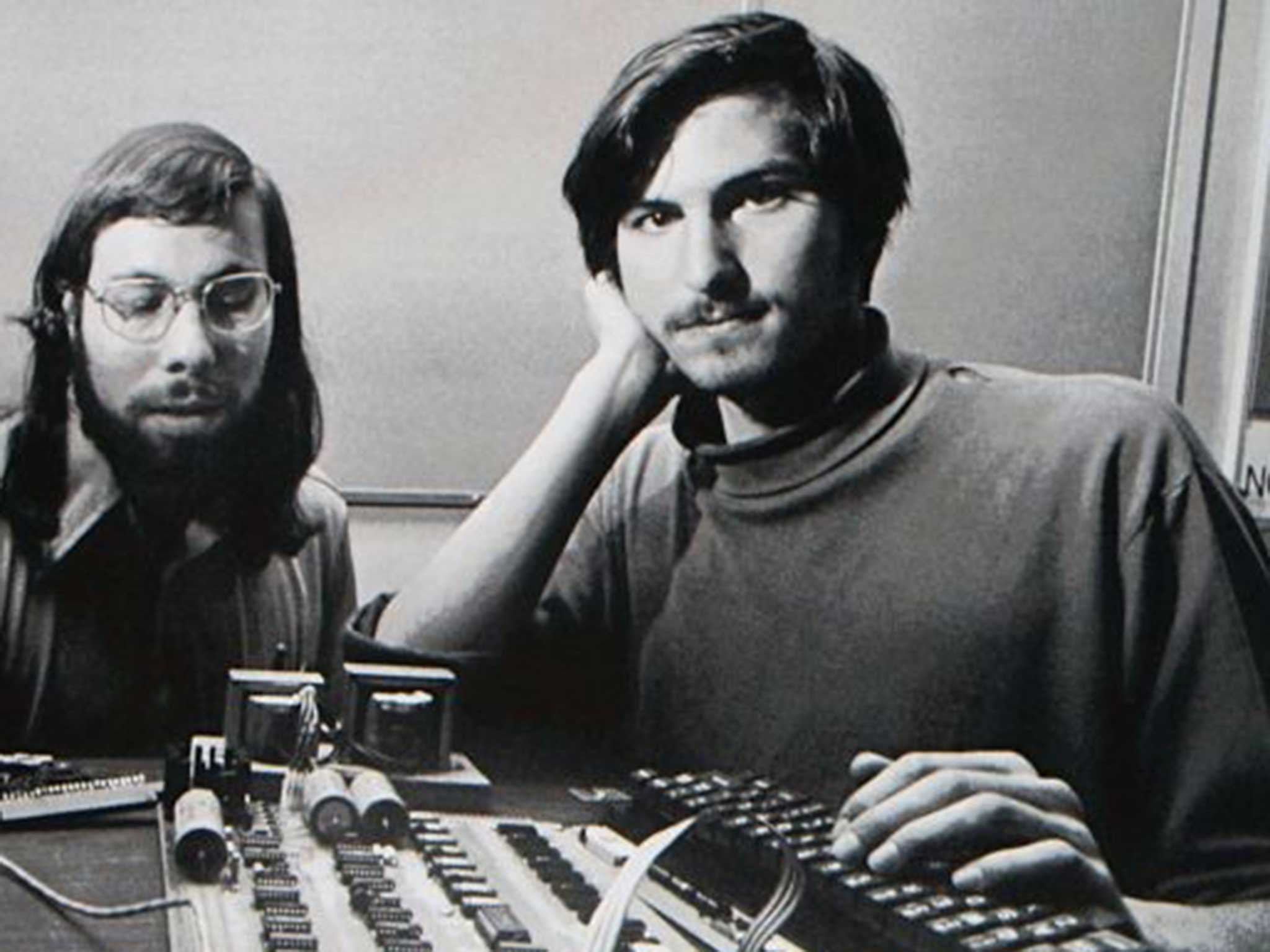
The first Macintosh arrived in 1984, following Apple’s varying successes with the Apple I, Apple II and Apple III.
It was the first mass-market computer to use a graphical user interface, an innovation that is the way that pretty much everyone interacts with a computer today. It also brought in mice, and helped bring computers to a range of industries including designers, but also into people’s homes.
The Macintosh line later became known as Mac, and lives on today in the iMac, Mac Pro, Mac Mini and MacBooks.
It was the beginning of a reputation for shaking up the tech industry and eventually changing the world that Apple would come to embody more or less for the next 30 years.
2. The Super Bowl commercial
Apple’s strength has long been as much in making good products as selling them especially well. And its first spectacular go at doing so was the “1984” Super Bowl commercial.
As well as introducing the Apple Macintosh to the world, it also did much of the work to spawn the very idea of high-budget, film-like Super Bowl commercials, an innovation that would eventually become expected across all TV events that draw big audiences.
3. iPod
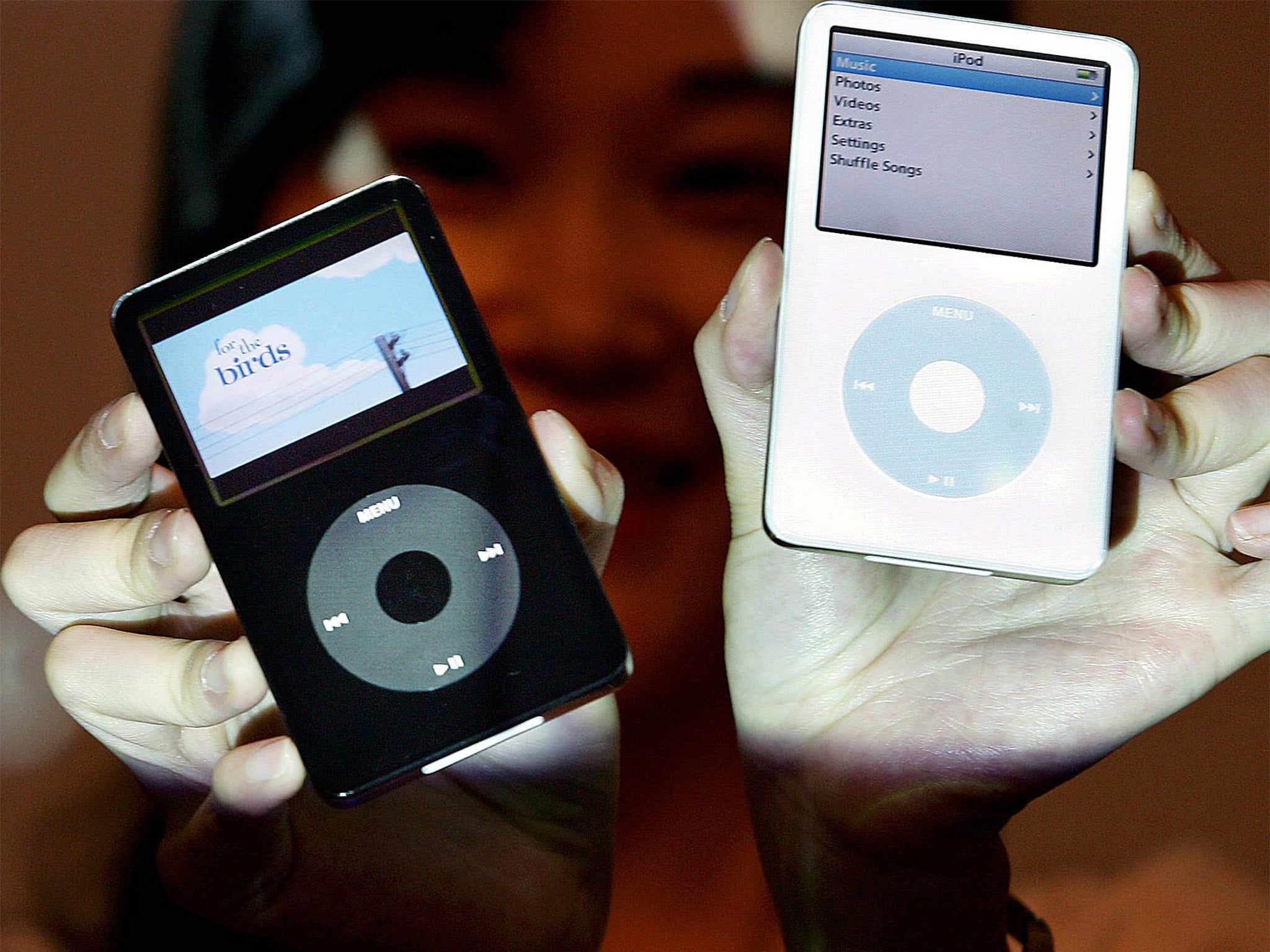
MP3 players existed before the iPod. But as Apple does, its release shook up the entire industry, launching a new class of luxury music player that eventually nearly everyone wanted and that every company tried to emulate in some way.
It helped launch many of Apple’s other huge developments, too. iTunes, and its built-in store, was released to help manage the content on the iPod. And the eventual iPhone was built using much of the same skill in mobile devices that Apple learnt on the iPod.
The iPod stuck around in something like its original form until last year, eventually going under the name iPod Classic. It was killed off in September, apparently because Apple couldn’t get the parts anymore — but fans still loved it enough to buy then at huge prices online.
4. Legally downloading

The iTunes Store appeared at a crucial time for the music industry.
When it opened, in 2003, the music industry was on the edge of crisis. Many people were downloading music freely and illegally — and even if they wanted to buy digital songs and albums, there were few services that allowed them to do so.
The iTunes Store changed all that. It offered a new way of pricing and selling music, and was deeply integrated into Apple’s popular iPod and iTunes.
Since then, the iTunes Store has helped Apple expand its product range. The shop’s popularity means that Apple has millions of credit card details on file — helping users move to buying apps in the App Store, for instance, without a moment’s thought.
5. Smartphones
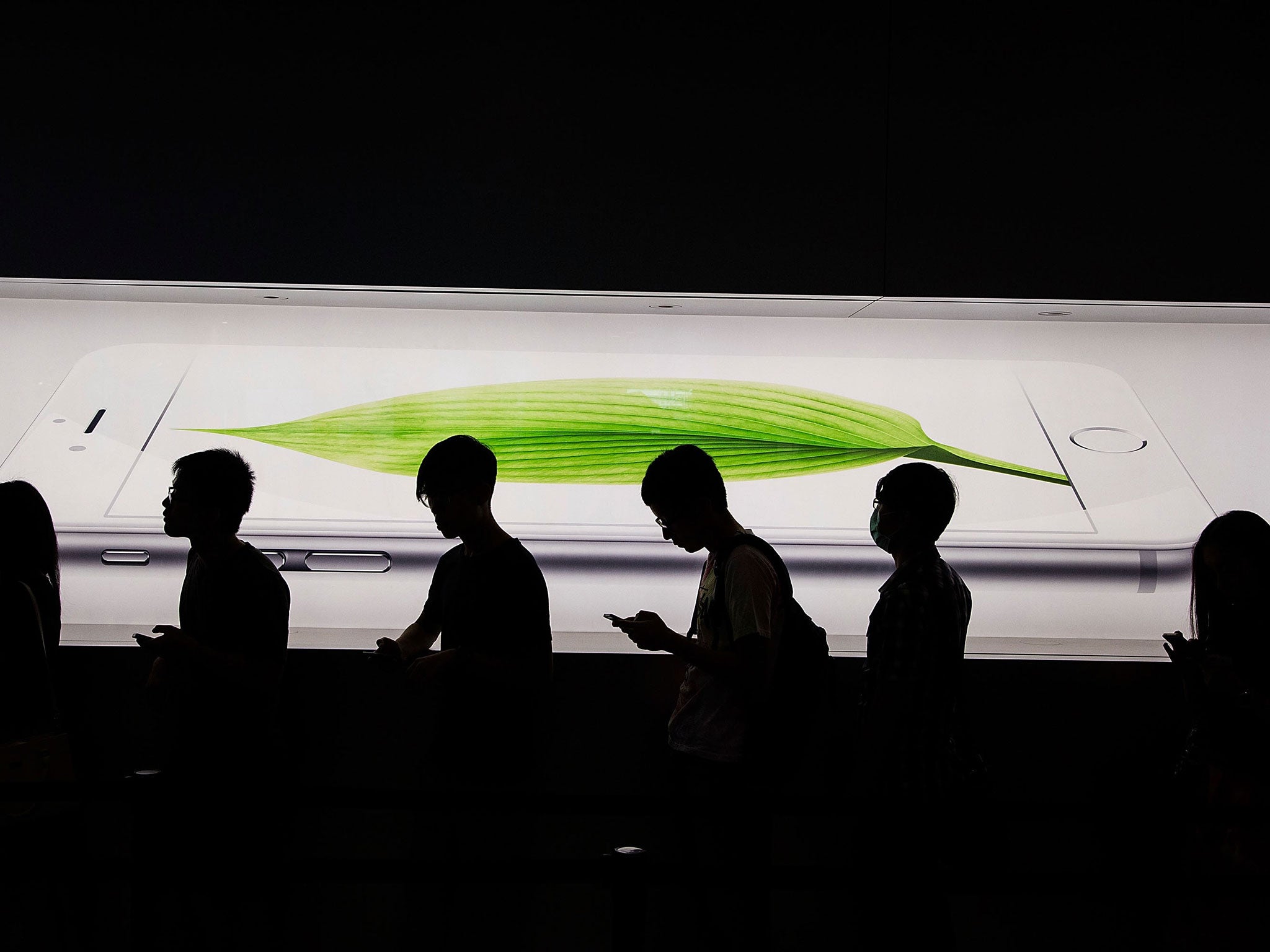
Before Apple came along, what smartphones were available were often clunky and hard to use. In classic Apple style, the company got rid of all that, stripping out the complications and making a smartphone that everybody wanted to carry.
The launch, presented by Steve Jobs in 2007, is still exciting to watch now. Perhaps even more so, given how much it changed the world since.
6. App Store

Apple launched the App Store a year after the iPhone came out — and it changed the world all over again. The store would eventually find its way to the desktop, too, but not before it had created an entire industry devoted to creating often addictive, hugely profitable mobile games.
7. Tim Cook becomes the first openly gay CEO of a major US firm
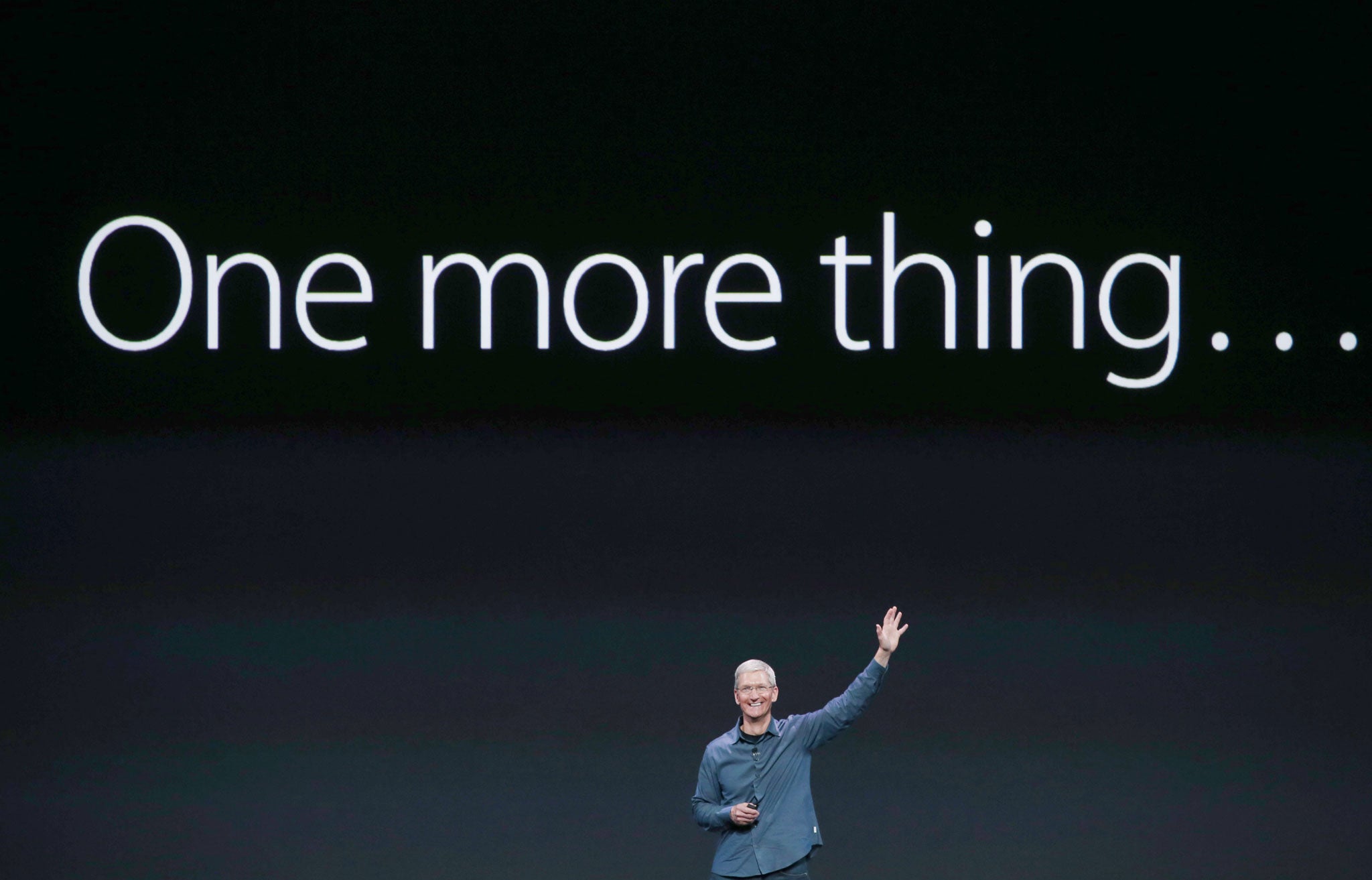
Apple’s breakthroughs aren’t always technological. Tim Cook said publicly that he was gay in October, making him one of the first CEOs in American history to do so.
In an open letter in Bloomberg Businessweek, Cook wrote: “I’m proud to be gay, and I consider being gay among the greatest gifts God has given me.”
Criticising US laws that allow employers in some states to fire employees for being gay, he praised Apple for being a company “that loves creativity and innovation and knows it can only flourish when you embrace people’s differences”.
8. The Apple Watch?
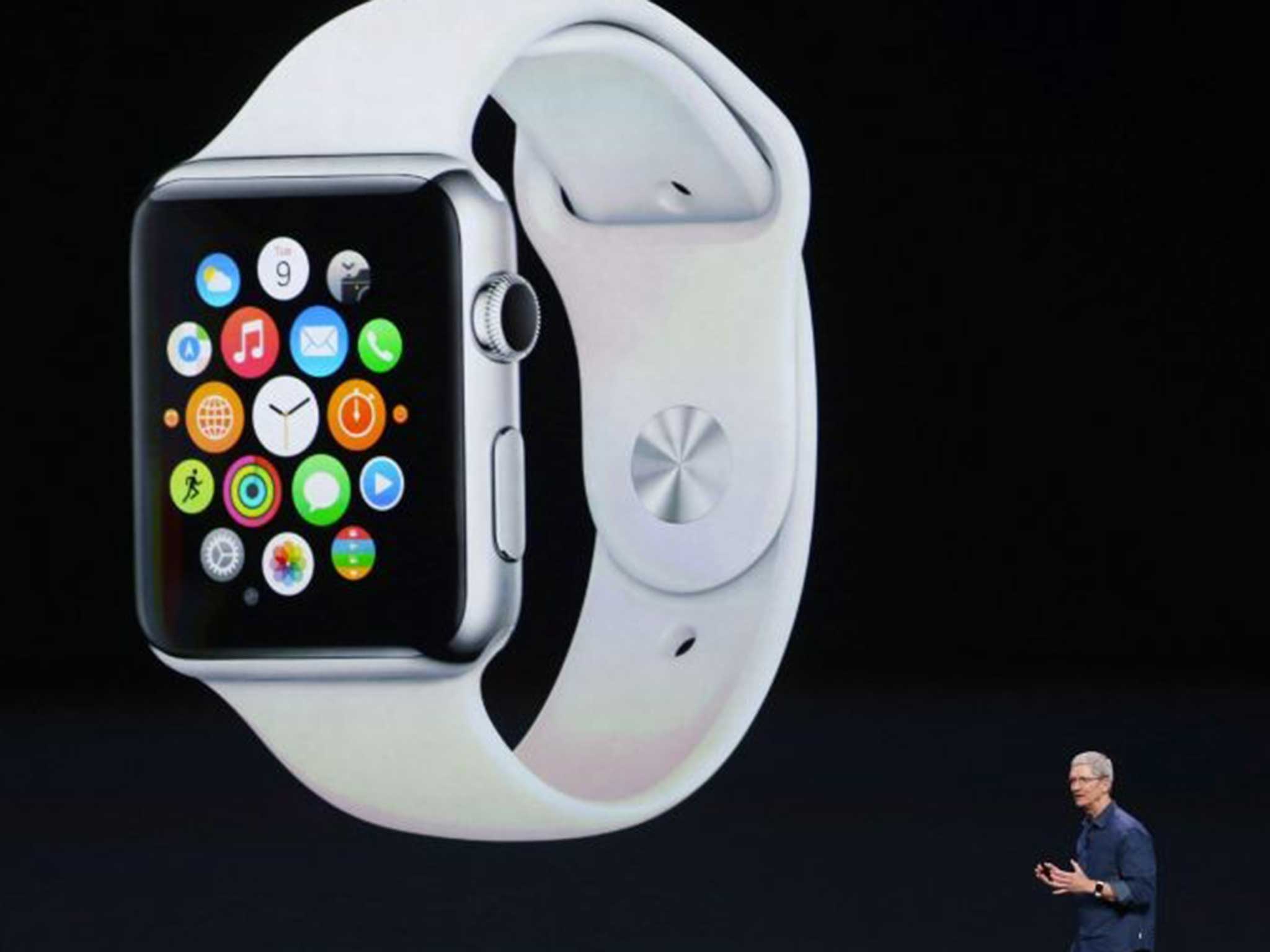
It’s testament to Apple’s power that it can change the tech industry by just announcing a product. In September it said that it would make an Apple Watch — and the whole industry was shaken up.
Of course, there were smartwatches before. Most are very good, and most also only work on Android.
But the collision of factors that has made Apple so popular, and that allowed it to change the world — its simplicity, concentration on aesthetics, as well as its PR flair — meant that Apple’s smartwatch was far bigger news than anybody else’s, despite the fact that it’s not even launched.
Join our commenting forum
Join thought-provoking conversations, follow other Independent readers and see their replies
Comments
Bookmark popover
Removed from bookmarks